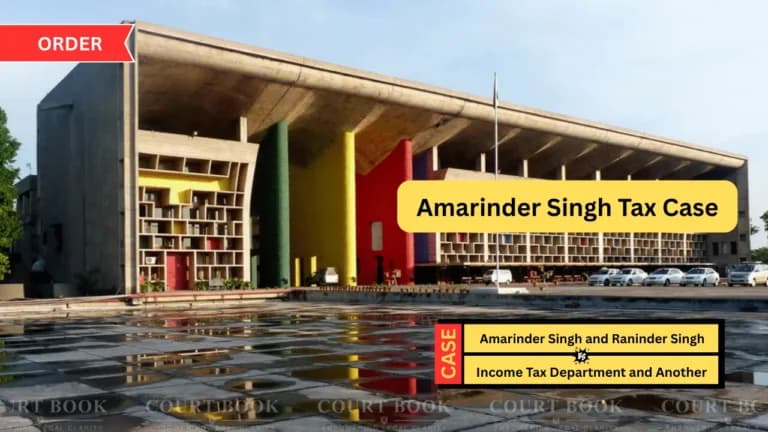The Punjab & Haryana High Court allows the Enforcement Directorate to inspect confidential documents in Amarinder Singh and Raninder Singh's tax evasion case, ruling no breach of international secrecy agreements. Discover detailed highlights from the judgment and its impact on ongoing investigations.
The Punjab & Haryana High Court has decided that permitting the Enforcement Directorate (ED) to inspect confidential complaint records in the tax evasion case involving former Punjab Chief Minister Amarinder Singh and his son Raninder Singh does not violate international secrecy rules under the Indo-French Double Taxation Avoidance Agreement.
Read also:- ED vs Advocate Gowda: Karnataka HC questions documents, reserves verdict in plea
Quoting the judgment:
“There is no legal bar on permitting the ED to access records for investigation, holding that such inspection does not violate the Indo-French Double Taxation Avoidance Agreement (DTAA). The ED, as a statutory authority, is entitled to examine judicial records when probing offences under law.”
Background of the Case
In 2016, the Income Tax (IT) Department accused Amarinder Singh and Raninder Singh of concealing foreign assets and Swiss bank accounts, including holdings with HSBC Private Bank Geneva. The IT department's complaint cited credible information from foreign authorities linking both to entities abroad.
Read also:- Supreme Court Restores Cheque Bounce Cases Against L.D. Industries Despite 'Sick Company' Status
Summons were issued for both, and criminal complaints were filed referencing sections of the Income Tax Act and the Indian Penal Code for alleged wilful omission and false statements. The ED later sought access to related court documents for investigation under India's Foreign Exchange Management Act (FEMA).
The Singhs contested orders allowing ED inspection, arguing the information was to remain confidential under Article 28 of the Indo-French DTAA. The court directly addressed this, referencing Supreme Court interpretations that secrecy agreements do not forbid sharing in court proceedings or official investigations.
In the order, the judge noted:
“The information is being sought by an organ of the State/the ED itself for the purpose of investigation which cannot be taken exception to... There is no restriction on the ED to access the information/documents placed on record before the Magistrate by the IT Department for the purpose of investigation.”
Read also:- Madras High Court Stresses Equal Access to Public Resources in Tenkasi Case
The judgment also clarified that such access is not public disclosure—the ED can use the records for investigation, but cannot release details publicly without legal approval.
- The ED is permitted to inspect the court records for ongoing investigations into tax evasion and foreign assets.
- Public release of confidential data remains prohibited unless approved by the court.
- The decision sets a legal precedent for how government investigation agencies can access international evidence in tax cases without breaching treaty obligations.
Justice Tribhuvan Dahiya concluded:
“If a citizen or entity has any information of wrongdoing with respect to a bank account, it must be shared with the State which is under obligation to investigate the same.”
Case: Amarinder Singh and Raninder Singh Vs. Income Tax Department and Another
Case Numbers: CRM-M-37200-2021, CRM-M-37204-2021, CRM-M-37207-2021















